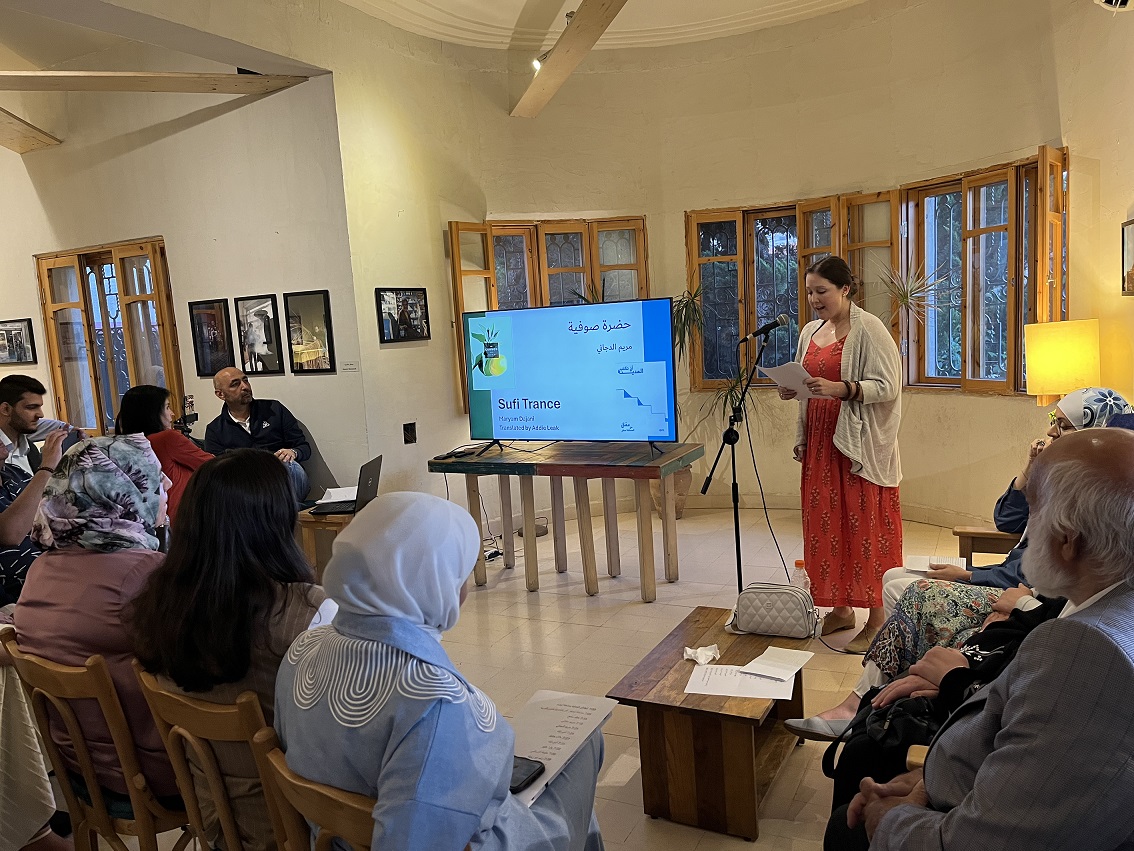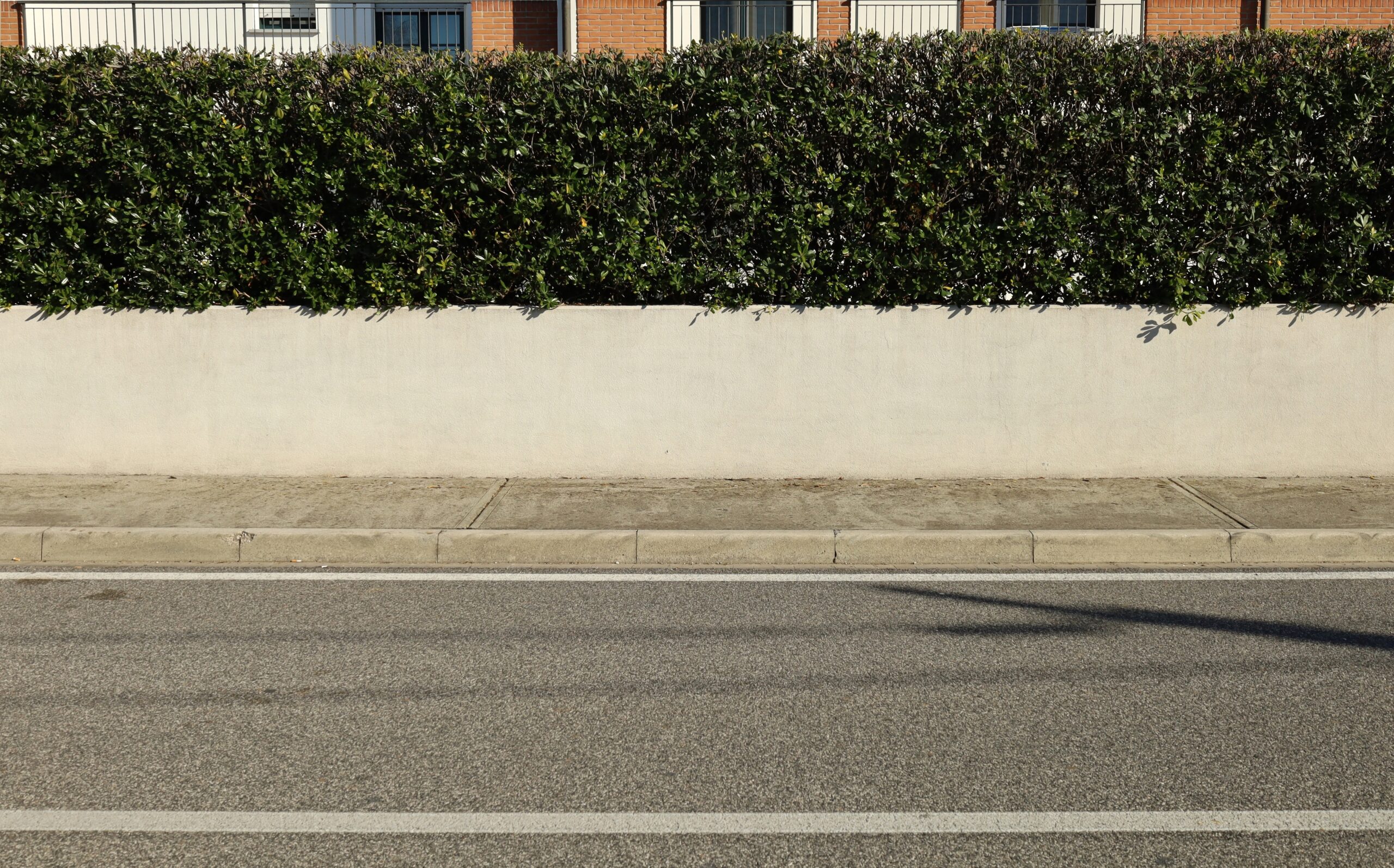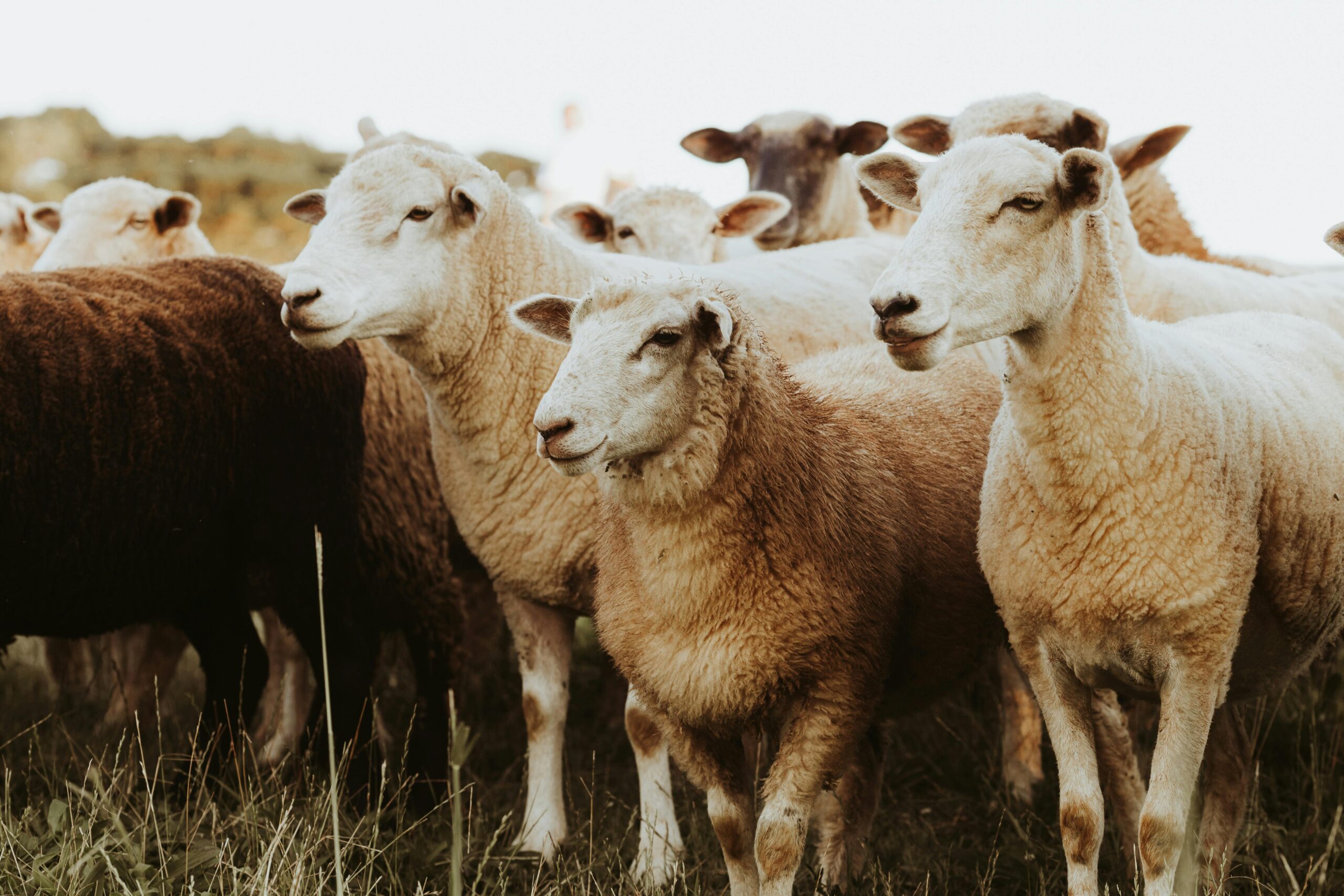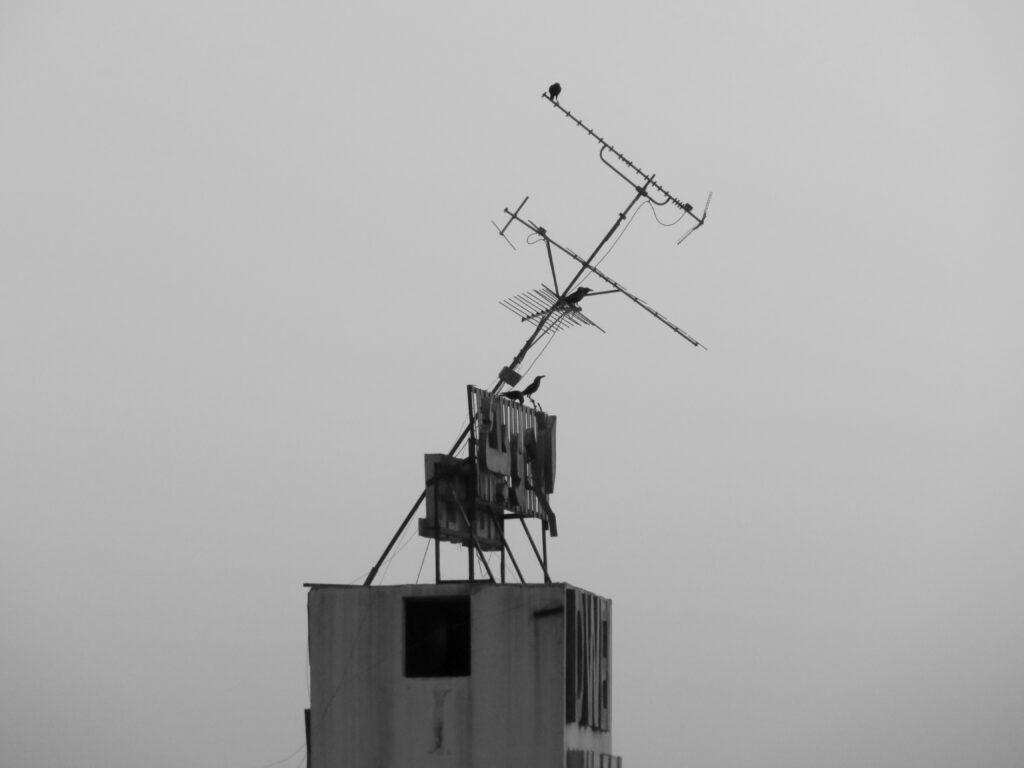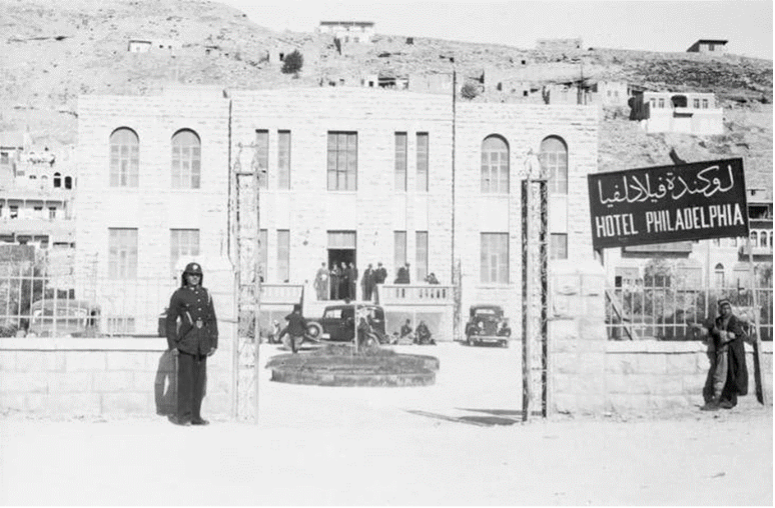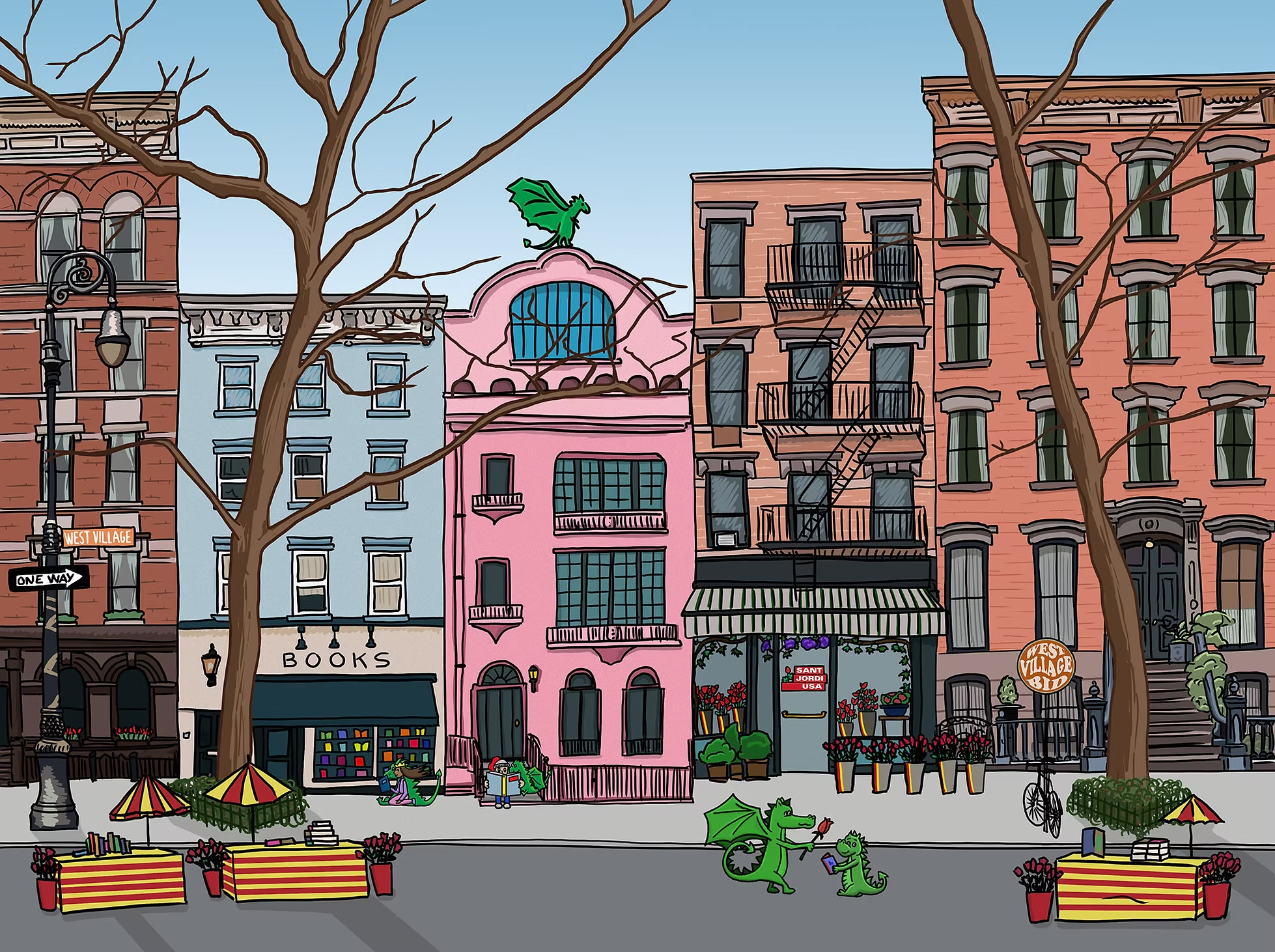This May, contributors featured in The Common’s latest issue, Issue 29, gathered in Amman to read their work. The event was organized by HISHAM BUSTANI, guest editor of the issue’s Amman portfolio, to celebrate the portfolio’s publication by creating a space where these writers could share their pieces aloud. Having translated many of the featured pieces, ADDIE LEAK read excerpts from her work. HALEEMAH DERBASHI, author of the enigmatic essay-portrait of Amman, “Serious Attempts at Locating the City,” was interviewed about the event by the University of Jordan Radio. HUSAM MANASRAH, whose photos artfully capture the practices of various tradespeople in Amman, spoke to Aljazeera after the reading.
All posts tagged: Jordan
Sidewalks of an Anxious City
By HAIFA ABUALNADI
Translated by ADDIE LEAK
Deferred Migration
Amman is a city of deferred migration with no hope of arriving, depression with no hope of recovery, and the scam that is returnees’ dream of connection. Amman isn’t mine. Because I’m the daughter of parents who left for a time.
When I was just a girl in braids, my hair already settled into its center part, I would walk along the beaches of the Gulf near our house in Mina al-Zour, on the border between Kuwait and Saudi Arabia. The Kuwaiti desert stung my feet with its extreme heat and cold. I went to a primary school with only four grades. It had a small pen that held rabbits, two sheep, chickens, and a rooster. On the right side were “barracks” where we had art and vocational classes, and on the left were barracks housing a female nurse and doctor who rarely had office hours. “Home” meant both school and home, and the hugs followed me wherever I went; my mother was with me constantly, day and night. She was a supervisor at the school, and I was her pampered little girl. The other students watched me with envy. My friends were all teachers’ daughters, and we were spoiled: we were given small gifts and made members of the Library Committee, the Scouts, the gymnastics team, and more. The population of Mina al-Zour was scant, so there weren’t many girls at the school.
Confrontations with Amman: A Love-Hate Relationship
By RANEEM ABO RMAILA
Translated By MAYADA IBRAHIM
A Confrontation with Place: The City Changes, and We Change with It
I walk amid the traffic and the rush of people downtown. Here is where I first came to know the city, or so my memory claims, and I fall for it. Downtown has a “soul” that other parts of the city lack. It reminds me that I, in defiance of the hostile noise, am here, and that Amman the city is also here, attempting, however feebly, to find answers to questions that have long exhausted us. The soul of the place tempers the weight of those questions.
We return, regardless of how much we try to run or hide, to our questions about place and identity. Does the city grow weary of its people? Do we become, in our attempt to understand it and to keep up with it, the victims of place? The city changes rapidly; it loses its characteristics and becomes a stranger to us. Those of us who fear suffocating in our city try again to find familiar things in it. Downtown, whose landmarks begin with the Roman Theatre and end at Al Shamasi1 and Al Kalha Stairs, once formed the identity of the city; today there is only dissonance. Shops, cafés, and the ambition of investors extend across it from every side. It no longer resembles its past; it no longer resembles us.
As for me, weary of walking in the center of town, I try to lean on the first stairs I see. Others around me, fellow tired wanderers, take refuge in the stairs as well. There is no room to rest in this city. It’s as if Amman entangles us in an imminent and predictable trap. It commands us to keep moving while concealing our destination.
A City in Negative Lights
By AMY ALKHALIFI
Translated by MAYADA IBRAHIM
Fardous Loses Her Mind and Invents a New Future
“At the beginning, it was easy. Customers were in and out all day, and money was flowing,” Fardous the soothsayer says to her neighbor Um Khalid after revealing to her that “business is bad.”
Amman Places / Faces: Rafik Majzoub & Linda Al Khoury
Amman Compendium
By MARIAM ITANI
Translated by WIAM EL-TAMAMI
On Greetings
Hello, Amman. Greetings to you, your people, your streets, to all the surprises and endless stories you have hidden up your sleeves. I landed here ten years after marrying one of your sons, fulfilling the prophecy of my grandmother, who always said, “Wherever you go, life will take you to Amman.” Yet coming to Amman was actually the last thing my husband and I expected to do.
We arrived at the wrong time, in the blazing heat of August. My oldest son, Izzeddin, was very happy, because he’d had two birthdays: one in Beirut, another in Amman. As for my daughter, I’d left her behind in Beirut with my grandmother, buried in the same earth, keeping each other company. I visit her more there than I would if she were buried in the cemetery here, far away from the city, covered in layers of dust and mirage. Coming onto the airplane, I was told by the flight attendant that this would be the last time I would be allowed to board a plane, because it looked as though I was about to give birth. I told her that I had decided to give birth in Amman, and showed her the doctor’s reports that allowed me to travel. I took hold of Izzeddin’s hand, and we sat in the very first seats on the plane. It was my first time booking business class from Beirut to Amman, because that gave us extra baggage allowance—something we desperately needed.
Hotel Philadelphia
By KHALED SAMEH
Translated by WIAM EL-TAMAMI
1.
As I sit here in the Hashemite Plaza, I am surrounded by noise—visual, auditory—coming at me from all directions. This grand forum attached to the Roman Theatre has now become a breathing space for hundreds of thousands of residents of East Amman and the surrounding governorates. Some come here for recreational reasons, to get together, or to make a living. There are many other reasons why people come to this square, reasons that are not unique to Amman and that are found in most cities around the world. There are pimps and sex workers (heterosexual and homosexual); children being exploited in different ways; dealers of hashish and other drugs—along with various other things that Ammanis would include in their long list of taboo topics.
The Common x Sant Jordi Book Festival: Arabic Fiction Readings
Some of The Common’s Arabic fiction contributors, MARYAM DAJANI, ESTABRAQ AHMAD, and ISHRAGA MUSTAFA HAMID, made virtual appearances at the Sant Jordi Book Festival last week! The hybrid celebration, sponsored by the eponymous Sant Jordi in New York, is held annually in New York City to raise awareness of literature in translation, and pays homage to the famous Sant Jordi Book Festival in Barcelona, where the streets are lined with bookstands and flower stalls in honor of “the St. Valentine’s day of Catalonia.” The Farragut Fund for Catalan Culture in the United States sponsors the festival and is led by MARY ANN NEWMAN, a renowned Catalan translator and contributor to TC’s Issue 28 portfolio of Catalan women’s literature in translation.
It might be too late to grab a book and a rose, but you can get a feel for the beautiful festival by checking out the readings of Dajani, Ahmad, and Hamid’s stories below—which includes a sneak peek at our Issue 29 Amman portfolio, launching next week!
Staring Through a Slit
Text and images by ALAA TAWALBEH
After drawing the collection of dark faces in charcoal, Alaa was provoked to give them a story, so he used the same charcoal sticks to form words. The words were written after the drawings, so the faces can still have different stories. These drawings and more from the same collection will be displayed in Alaa’s second solo exhibition, forthcoming in September 2021 in Amman, alongside works in watercolor.

At Rukban refugee camp, your only source of entertainment is sitting on the cold floor and staring at a slit in your tent. It flaps open with each gust of wind and cold drops of rain land on your face, just like the broken window in your old house.
The raindrops are black. They say it is the soot from a faraway city. Some say it’s from your city, Aleppo. Maybe some of it has come from the building you once lived in.
The Language of the Body
By SARA ELKAMEL
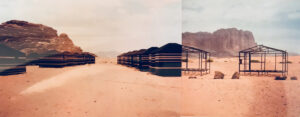
Tents in a Bedouin-style camp at the Wadi Rum desert in southern Jordan. Courtesy: Soraya Ghezelbash.
Wadi Rum, Jordan
for Yvonne
We pull the black of Rum over our eyes
like skin. God’s earth is vast, vast, vast—but by day
she wrapped her limbs around my limbs and drew
my air. I follow her into the dark, consider saying: Please,
I don’t know what you need—but all I see is red.
At the foot of the dunes I push her, soft as the sin
that tips the scale. I run away like a ghost, a demon, a silent drum
in the faultless dark. Not a quiver of light around my bones.
